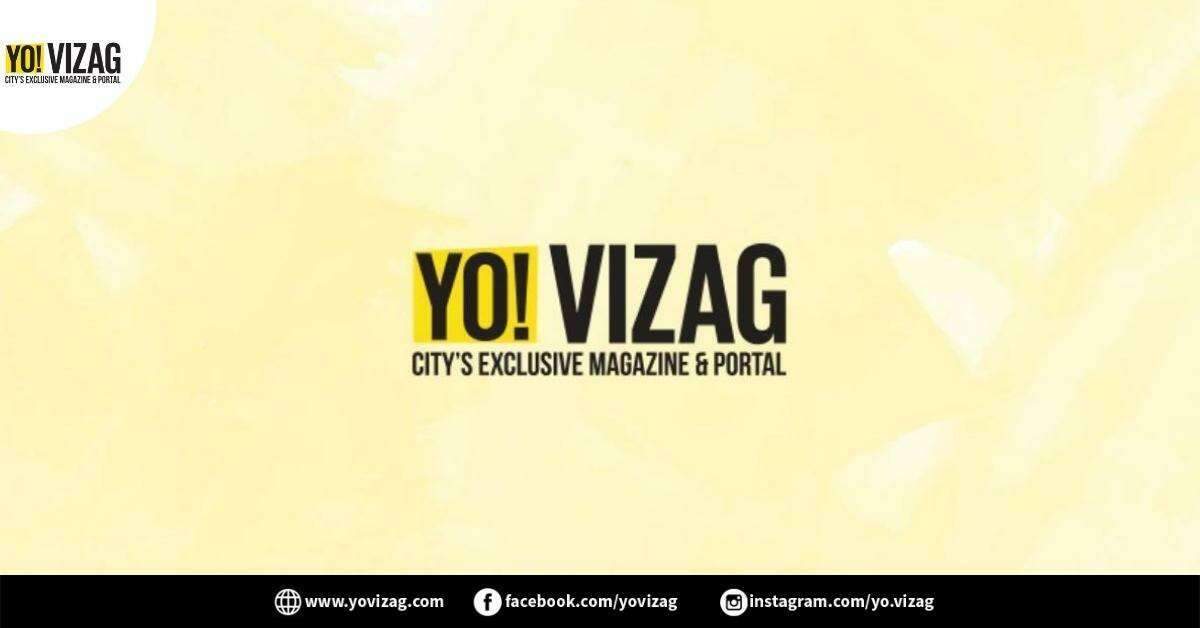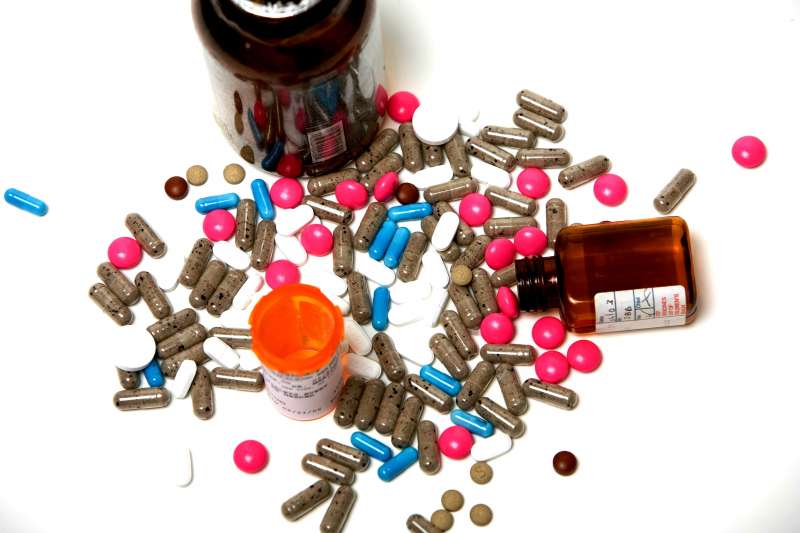

substance-abuse
As a young senior resident doctor, herself, Sheila (name changed) ‘knew’ what she was doing. She had it all under control; regular painkillers to deal with her troublesome knee since her fall last year, a few ‘uppers’ to keep her active and on her toes, inter-spaced with a ‘downer’, to keep the effect of the ‘uppers’ under control. Everything was proceeding smoothly, though procuring the regular supply of her meds was getting a wee bit tougher every time. When the nurses noticed that some of the patients’ medications were often disappearing, and her roommates began missing cash and small valuables, nobody suspected the hard-working and ever helpful Shelia. But then one elder doctor began questioning her relentlessly about her bloodshot eyes, tremor in hands, lack of concentration and tardiness. The final blow was when he insisted on screening and questioning her every diagnosis and prescription – undermining her in front of the juniors and patients. To cut a long story short, his ‘interference’ saved the day. Forewarned by him, an overdosed and delirious Shelia was found by her vigilant roommates and rushed into the ICU. A stint at the rehab centre, followed by regular counselling for more than a year gave her a fresh new lease of life. Though, on a gentle but persistent insistence of the same elder doc, she left mainstream medicine. Eventually, she did have a relatively successful life and career, but at what cost? She shattered her parents’ rosy illusion; destroyed her promising medical career and almost lost two lives when she misdiagnosed. Today, she and her family still keep in touch with that elderly doctor and are ever-grateful that he caught her addiction on time.
Shelia had it all. She came from a loving supporting family, was an extremely bright and popular student, became an able resident doctor, knew all about drugs, addictions and their ill effects; but still ended on the same downward spiral. And that’s how it is with ‘substance abuse’.
Case 1: Consider Raj (name changed); a brilliant student and an ideal child. He got into the murky depths of drink, drugs and addiction for no apparent reason. The change was so slow and gradual, and with both his parents working, nobody really noticed it. The usual tale-tell signs of were all alluded to his ‘troublesome teenage years’, a part of growing up. Following the well-meaning advice of others, his parents overlooked and forgave his tantrums, moodiness and insolence till he ‘grew out of it’. But the family was in for a rude awakening the day he was carted home by wayside vendors in an alcohol and drug induced stupor.
Case 2: Or consider Ayesha (name changed), a brilliant NCC student with a promising future in sports, specifically, rifle shooting. Jilted by her boyfriend, her whole attitude and demeanour changed and the disastrous ‘solution’ of taking sleeping pills, et al followed.
In both the cases, after days of threats, cajoling, sentimental blackmailing, locking up and almost everything else they could think off, when the families almost gave up, sympathetic friends suggested ‘Greenvalley’.
The Greenvalley Foundation, at the foothills of Kailasagiri in Visakhapatnam, founded and headed by Mrs. Uma Raj is a safe healing zone for those trying to break free from the vicious grip of addictions. Shilpa interacted with Mrs. Uma to better understand the drug and addiction scenario in Vizag city.
What is Substance Abuse? How serious or life-threatening is substance abuse?
Substance Abuse can be defined as a pattern of harmful and excessive use of any substance for mood-altering purposes. The difference between substance abuse and addiction is very slight. Substance abuse means using an illegal substance or using a legal substance in the wrong way. Addiction means a person has no control over the use of the drug or drink. Addiction begins as substance abuse, intensifies and gets out of control. Some substances are more addictive than others: Drugs like crack or heroin are so addictive that they might only be used once or twice before the user loses control.
The common misconception amongst most strata of society is that an addiction is only street-drugs and alcohol related. In reality, addictions are as diverse and varied as they are disastrous. Theoretically, almost any substance can be abused. The substance in question might not be a drug at all, like inhalant, glue, solvent or cough syrup; or it even might not have any significant mood-altering or intoxication properties, such as anabolic steroids.
What are the usual addictives that come under ‘substance abuse’ other than hard illegal drugs?
In Vizag itself there have been many instances of addiction to prescription drugs, cough syrup, pain killers, sleeping pills, and anti-depressants; inhalants like glue, shoe polish, spray paint, lighter-fluid and solvents (whitener), in addition to alcohol, smoking and street-drugs. The user initially starts with popping pills, and when that doesn’t suffice, they graduate on to injections and stronger illegal drugs.
Which age group is most likely to fall into drugs?
Teenagers and those in their early twenties are the group most likely to experiment with inhalants, illicit drugs, pills, alcohols and smoking. Anyone form their twenties and above can get addicted to alcohol, prescription pills and similar drugs as an escape from stress, anxiety and depression.
How does drug-abuse start?
First time users are almost always young, initiated into drug use with alcohol. Amongst friend circles, the availability of drugs, curiosity, peer approval and thrill-seeking entice them to ‘experiment’ further. In some cases, to cope with unrecognised psychiatric or emotional problems, emotional issues caused by dysfunctional families, feelings of self-hate and low self-esteem also lead to incidences of drug abuse as a coping mechanism.
How come parents do not realise that their children are becoming addicts?
The hard truth is that parents are usually the last to know of their child’s addiction. Children get adept at hiding alcohol and drug use from their parents, and parents do not want to believe it to be possible. Furthermore, the vivid changes in a child’s behaviour brought about by adolescence, makes it even more difficult for parents to spot the signs of substance abuse.
What are the signs to look out for to recognise an addict?
Physical changes like a dull vacant look, puffy or droopy eyes, unexplainable loss of weight, unsteady movements, slurred and unclear speech.
Behavioural changes like uncharacteristically withdrawn, secretive, inexplicable mood shifts, erratic eating and sleeping, lethargic and uninterested in once favourite activities, negligent about health and appearance, decline in academics, irrelevant talk, watery eyes.
Changes like frequently borrowing money/stealing, constant need for pocket money, lying often, being unreasonably defensive about activities/possessions and privacy, unexplained temper outbursts, sudden excessive use of perfumes, mouthwash or other scents (to hide smells), associations with a totally different set of friends, difficulty in concentrating, frequent visits to doctors/medical shops for medical issues and prescriptions.
How do you treat an addict?
There is no general cure to treat any addiction. Each case is different, depending on the type of addiction, the intensity and for how long the addiction has been there. As in all diseases, timely treatment is essential. In some cases, sudden abstinence can even be disastrous. Medical and psychological intervention is always advised. Will power alone is not sufficient; it is more beneficial to seek assistance from family, friends and a trained counsellor.
In my personal experience and opinion, the best approach is to treat ‘addiction’ as a multifaceted disease which affects not only the individual, but family as well. More often than not, it is not only the individual who needs their acceptance and support to get back to normalcy and start life afresh; the family too needs to be nursed for the heartbreak, and psychological trauma they faced.
Recovering from a drug or alcohol addiction doesn’t end with just a treatment program. It’s a lifelong process that involves not only abstinence but also lifestyle changes.
If you know a family member or friend who needs help, contact Green Valley Foundation at 0891-5530800, 6530800, 9247251126 or write to them at contact@addictionfreelife.org
This post was last modified on 15/11/2016 2:26 pm
Gopalapatnam and NAD Junction, two bustling suburbs of Vizag are primarily known for their busy…
The weekend is here, and so is your dose of entertainment! Out of the extensive…
Amaravati, the legislative capital of bifurcated Andhra Pradesh, is a city steeped in history. With…
Marking a significant milestone in India's maritime defense capabilities, the Indian Navy will commission its…
Planning a getaway from Vizag doesn’t have to be complicated. There are a handful of…
In the latest COVID-19 news, a new case has been reported in Vizag. A 14-year-old…
Leave a Comment